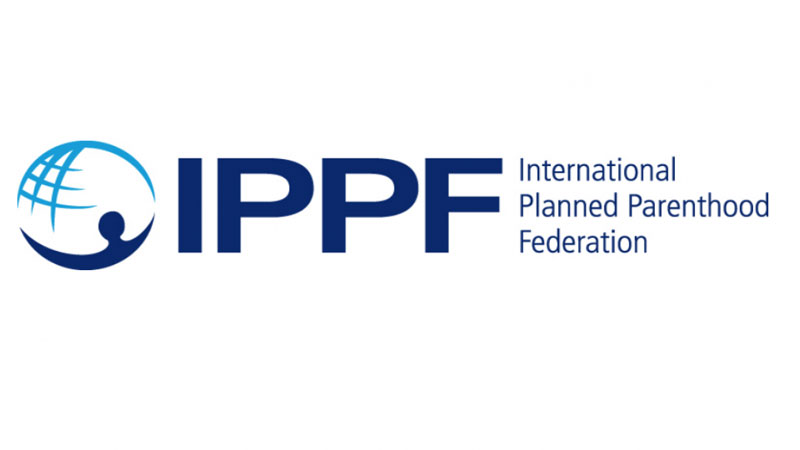Sexual, reproductive health – Niu Vaka strategy

A new strategic approach in the Pacific region which is replicable to other countries is making difference to the lives of the people.
The Pacific region holds some of the poorest health and social development indicators globally.
The International Planned Parenthood Federation (IPPF) is applying ‘Niu Vaka Strategy’.
The key is to focus on all, leaving no one behind, applying local solutions guided by evidence, working in partnership with others, embedding diversity in work and being accountable to donors, partners and the people they serve.
The results are fantastic. Karen Hill, Director, Programmes and Operations Pacific for the IPPF shared the strategy at the third episode of the 10th Asia Pacific Conference on Reproductive and Sexual Health and Rights (APCRSHR10) held virtually.
With the strategy, she said nine Pacific Island governments now increasingly promote, respect, protect and fulfil commitments to SRHR and gender equality.
Over 1 million people in the Pacific countries are able to freely act on their SRHR and 1.2 million expanded quality, integrated, gender and rights based SRH services are delivered with a focus on reaching the underserved.
What is the Niu Vaka Strategy?
Karen Hill said the ‘Niu Vaka Strategy’ is enabling people to make free and informed choices about their SRHR.
“Sexuality and wellbeing are key to improving the health and wellbeing of individuals and families, and a significant driver of economic and social development.”
“Niu Vaka embodies the ideas of sustainability, resourcefulness, resilience and connectedness,” she said, as the name Niu means Coconut which is often referred to as the tree of life – not a bit goes to waste and floats between Pacific islands and puts down roots where it lands and powerful symbol of resilience and renewal and connectedness.
“And Vaka (Va’a) (Canoe) used by ancient Pacific islanders to journey vast distances between islands - links Pacific islands together. It symbolizes our shared history, collective Pacific identity,” she said.
Why the Niu Vaka Strategy?
She said despite concerted effort, the Pacific region holds some of the poorest health and social development indicators globally. It has the highest level of unmet need for contraception in the world.
Contraceptive prevalence rate is stagnant, and in some cases declining. The progress is mixed when it comes to reducing adolescent birth rates and total fertility rates.
The maternal mortality level in many Pacific countries is very high.
Increasing prevalence of cervical cancer and other reproductive cancers and epidemic levels of sexual and gender-based violence and growing incidence of sexually transmitted infections are some of the concerns to the island countries who are at significant risk of climate change.
She said the difference about the strategy is that it has “clear targets and knowledge of what we are trying to achieve”, among many others.
Bangladesh has made gains in providing support services in maternal, neonatal and children’s health and family planning, but there are still considerable gaps and unmet needs, according to the UNFPA.
An estimated 5,200 mothers die each year due to pregnancy-related causes as high maternal mortality and morbidity remain serious concerns in the country.
Services such as family planning, skilled birth attendants at deliveries, antenatal, post-partum and emergency obstetric care are critical life-saving means of support that impact fertility, maternal mortality and morbidity.
Child marriage is an issue of big concern for Bangladesh as girls are expected to start childbearing soon after marriage.
Early childbearing is associated with elevated risks of morbidity and mortality as their bodies are not ready for reproduction.
Child marriage also increases the risk of intimate partner violence and gender-based violence which are of particular concern among married adolescents.
Nearly one in two ever-married girls aged 15 – 19 reported experiences of physical, sexual or emotional violence from their husbands or partners in Bangladesh.
The APCRSHR10 secretariat in Cambodia - Reproductive Health Association of Cambodia (RHAC) and the CNS co-hosted the session of the APCRSHR10.




